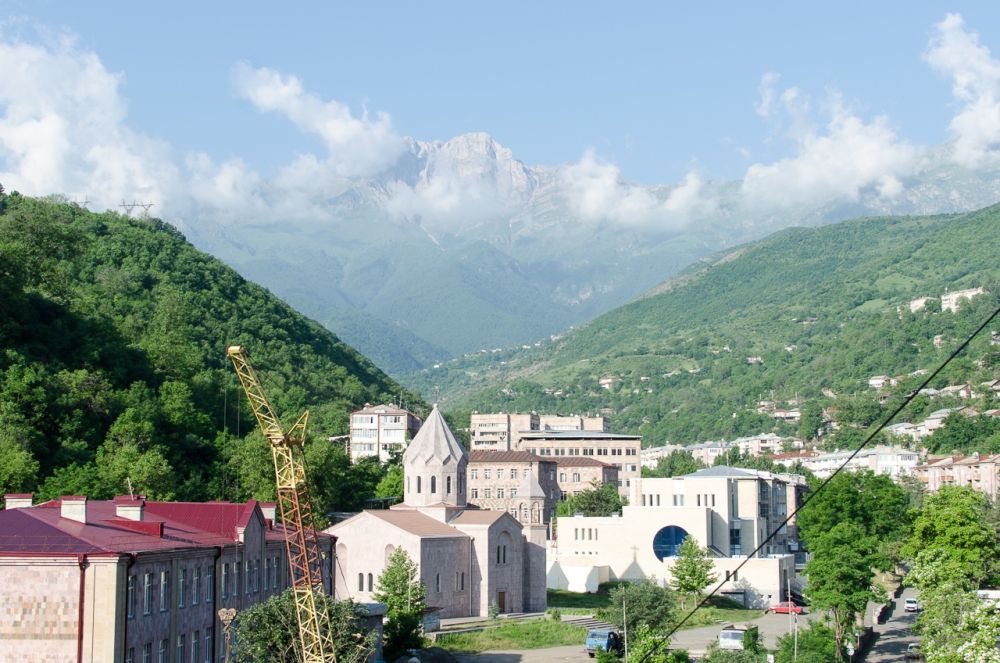

Nestled in the heart of the Syunik Province, the city of Kapan stands as a testament to Armenia's rich tapestry of history and culture. Known for its striking natural landscapes and ancient monuments, Kapan has a tourism history that is deeply interwoven with its past.
Tourism in Kapan has historical roots that date back to the days when pilgrims and traders traversed the Silk Road. However, the region's tourism potential began to be formally recognized in the 20th century, with Soviet-era initiatives to promote the area's natural beauty and cultural significance.
The Soviet period saw the establishment of various infrastructures, including hotels and resorts, to cater to visitors interested in Kapan's cultural heritage, such as the ancient fortresses of Baghaberd and Halidzor, as well as the Vahanavank Monastery. These sites continue to draw visitors interested in early-Christian and medieval Armenian architecture and history.
Kapan's natural landscapes have made it a favorite among adventure tourists. Its lush forests, mountain ranges, and rivers are ideal for hiking, mountain biking, and rafting. The mountaineous terrain of Kapan particularly lends itself to activities like trekking in the Shikahogh State Reserve, which is one of the few surviving areas of the once expansive Mesopotamic forests.
A revival in Kapan's tourism industry has been taking place following Armenia's independence from the Soviet Union in 1991. Efforts to promote Kapan as a tourism destination have included improving infrastructure, increasing accommodations, and creating engagement platforms for visitors to discover local traditions, crafts, and cuisine. Events like the Tatev Autumn Festival offer tourists a glimpse into the regional culture and hospitality.
Recent trends in Kapan's tourism sector focus on sustainable and eco-tourism. Travelers are increasingly interested in authentic experiences that include farm stays, local homestays, and tours that explore Kapan's biodiversity and conservation efforts. There is also a growing attraction to cultural exchange programs and language immersion opportunities in the city.
Looking ahead, Kapan is working towards enhancing its appeal as an international tourist destination while preserving its ecological integrity and cultural heritage. Pilot projects and collaborations with international tourism bodies aim to elevate the profile of Kapan on the global stage. With its rich past and evolving present, Kapan continues to carve out a niche for travelers seeking history, culture, and adventure in one of Armenia's most enchanting locations.
Visitors to Kapan will not only walk through the corridors of time but will also partake in a thriving, dynamic community that values its traditions while warmly welcoming the world.